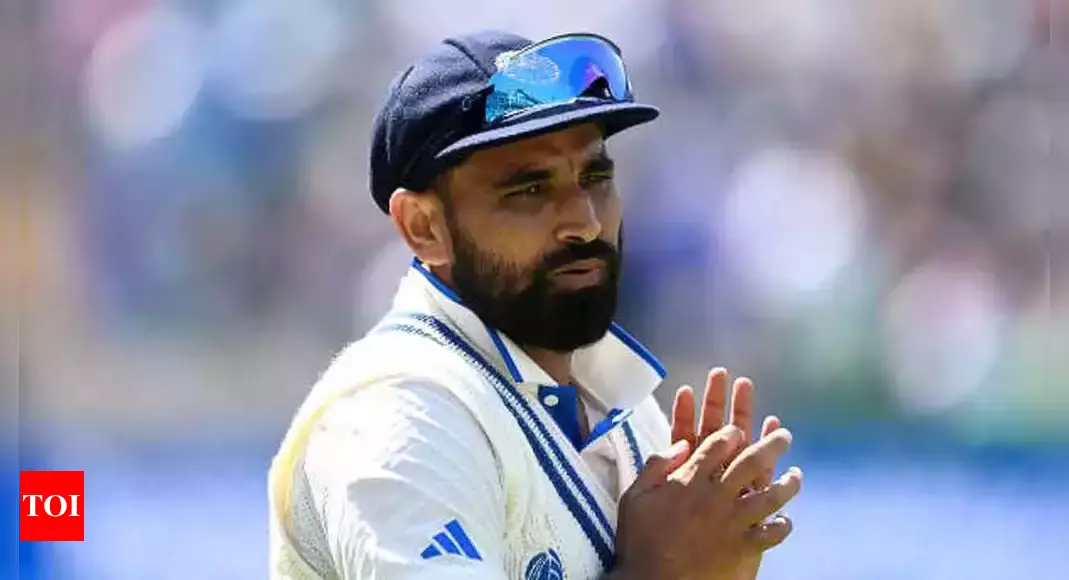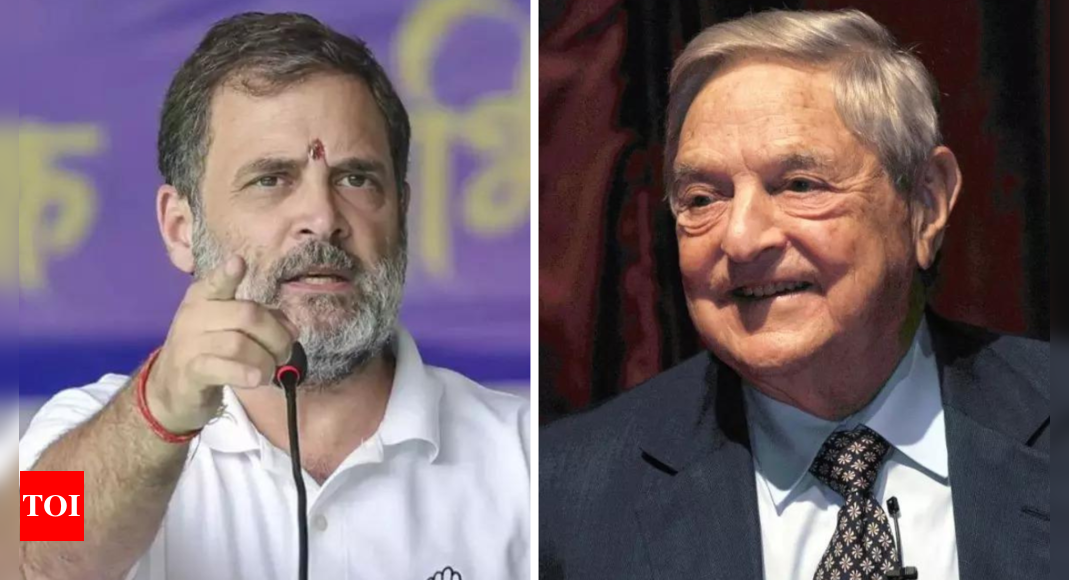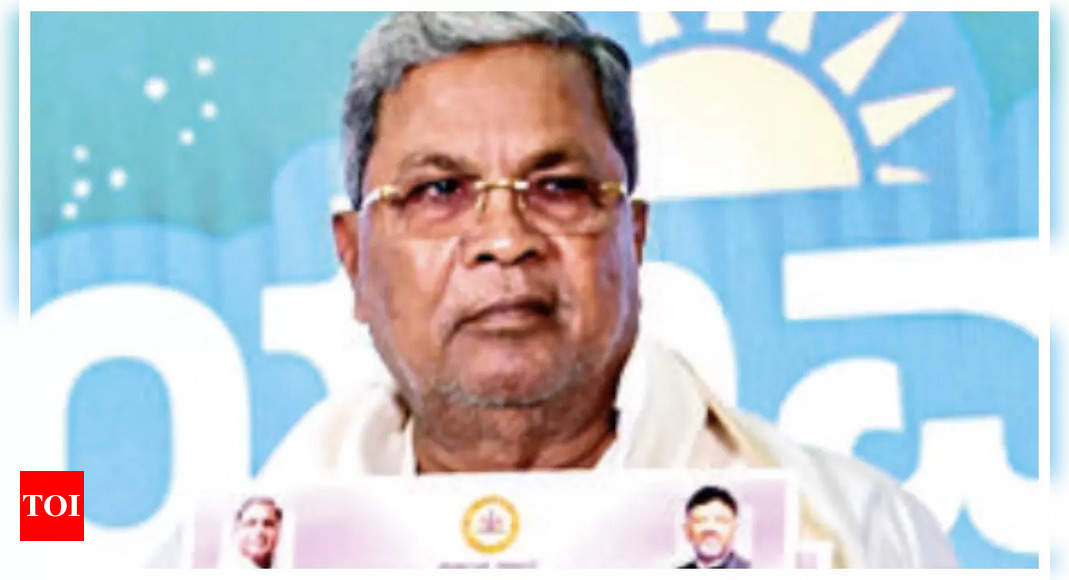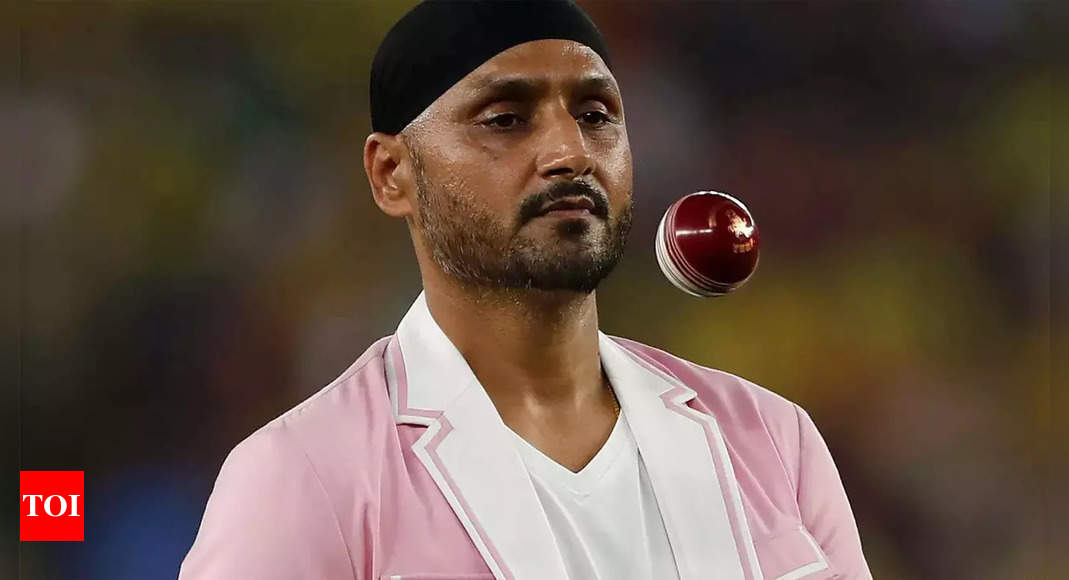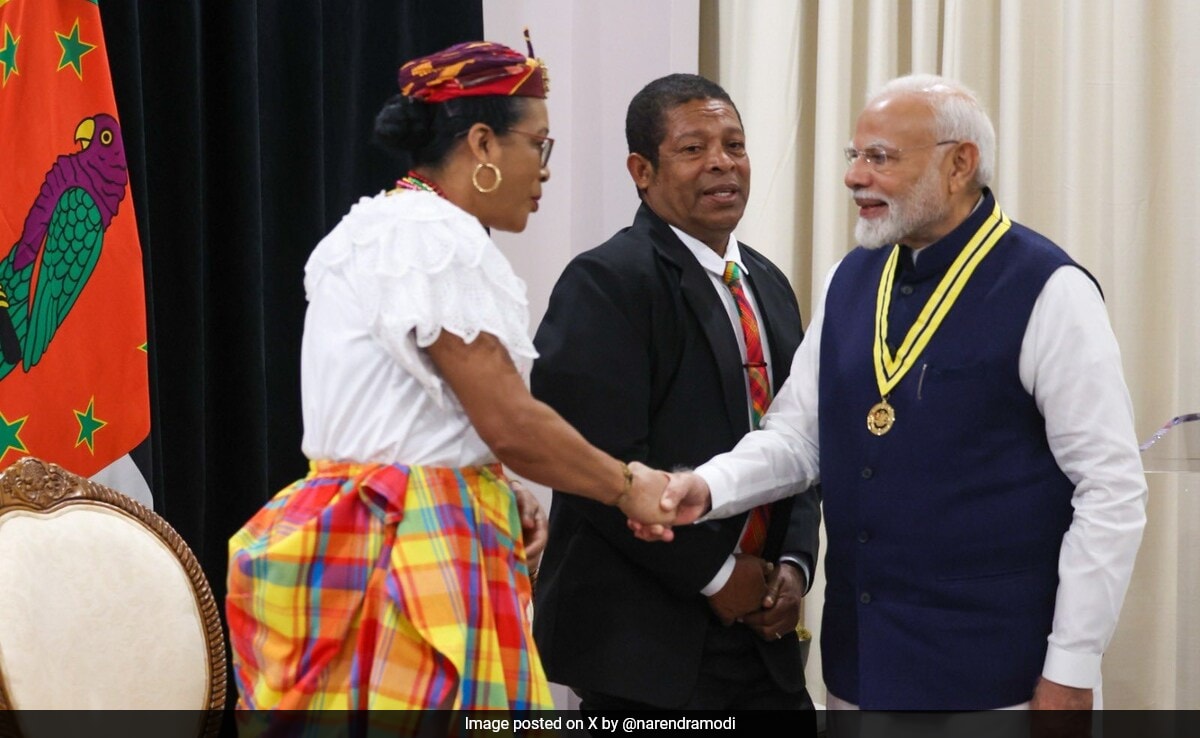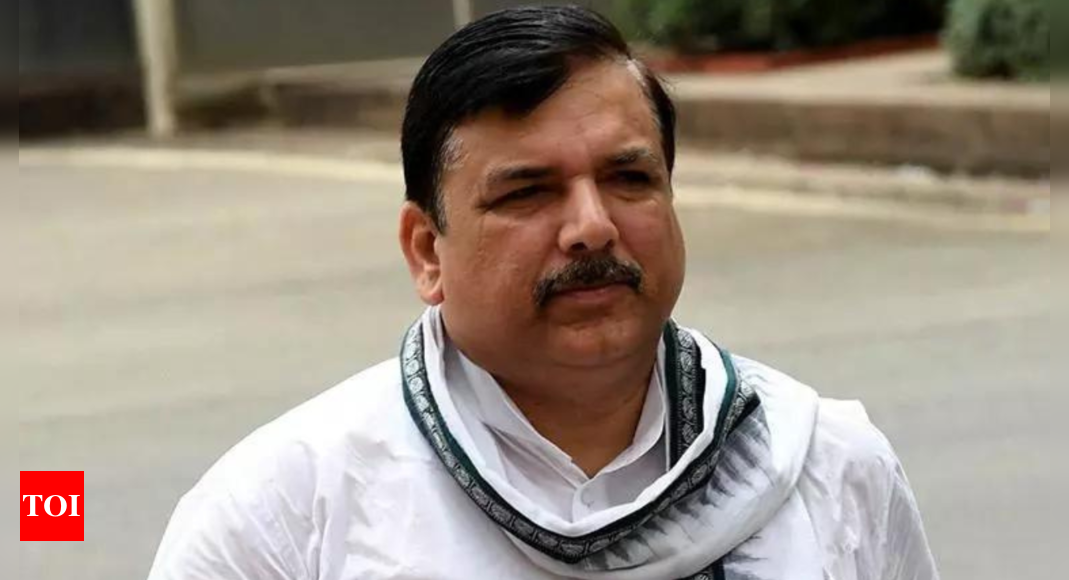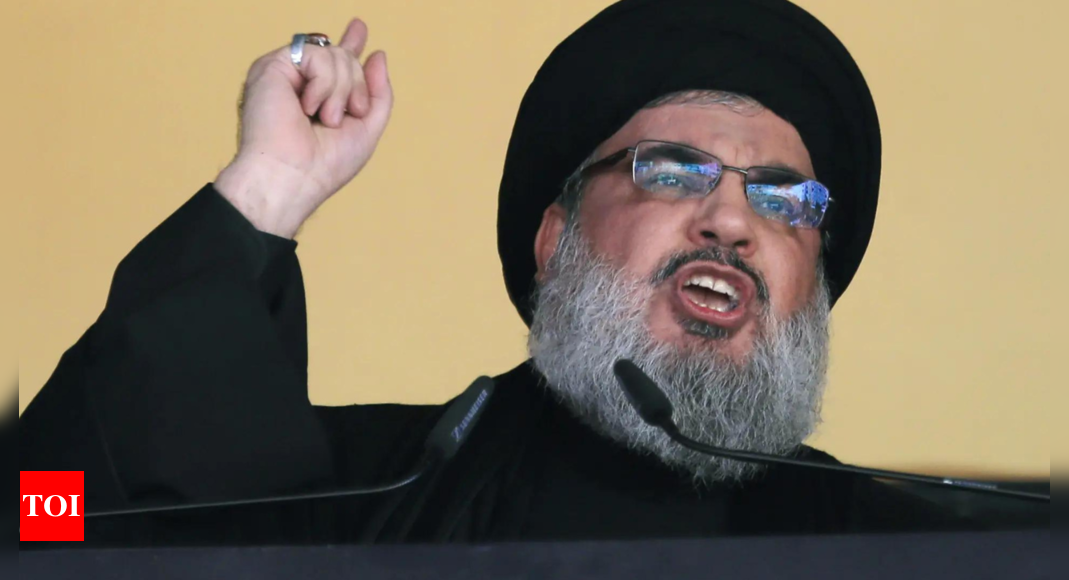
BEIRUT: Armed men fired shots in the air and shut down shops in parts of Beirut and Hezbollah supporters said they were in a state of shock and disbelief on Saturday after the death of the Lebanese armed group’s leader, Sayyed Hassan Nasrallah.
Hezbollah confirmed on Saturday Nasrallah had been killed, issuing a statement hours after the Israeli military said it had eliminated him in an airstrike on the group’s headquarters in Beirut’s southern suburbs on Friday.
Nasrallah’s death marked a devastating blow to Hezbollah as it reels from an intense campaign of Israeli attacks, and even as the news emerged some of the group’s supporters were desperately hoping that somehow he was still alive.
“God, I hope it’s not true. It’s a disaster if it’s true,” said Zahraa, a young woman who had been displaced overnight from Hezbollah’s stronghold in the southern suburbs of Beirut.
“He was leading us. He was everything to us. We were under his wings,” she told Reuters tearfully by phone.
She said other displaced people around her fainted or began to scream when they received notifications on their phone of Hezbollah’s statement confirming his death.
Nasrallah, who led Hezbollah since the Shi’ite Muslim group’s previous leader was killed in an Israeli operation in 1992, was known for his televised addresses – watched carefully by both the group’s backers and its opponents.
“We’re still waiting for him to come out on the television at 5 p.m. and tell us that everything is okay, that we can go back home,” Zahraa said.
In some parts of Beirut, armed men came into shops and told owners to shut them down, witnesses said. It was not immediately clear what faction the armed men belonged to.
Sprays of gunshots were heard in the Hamra district in the city’s west as mourners fired in the air, residents there said. Crowds were heard chanting, “For you, Nasrallah!”
Such firing often accompanies processions of either mourning or celebration in the Middle East – in this case, the former.
Similar processions made their way through Beirut’s southern suburbs, according to Hezbollah’s Al-Manar TV.
Tightened security
Other parts of the city were eerily quiet, with restaurants normally full on a sunny Saturday sitting abandoned.
Lebanon‘s army tightened security measures across the capital, a security source told Reuters, after having protectively deployed around the U.S. embassy north of Beirut.
Army tanks deployed in the city centre, known as Martyrs’ Square, according to a Reuters live broadcast.
Dozens of people had spent the night there in the open after fleeing from the strikes on Beirut’s southern suburbs.
“This is unbelievable. We got the news and our nerves are frayed,” said a man who gave his name as Waleed. “There is nothing left now.”
Another Lebanese man, Camelio Abdullah, said, “if God forbid he’s been assassinated, then the core of the resistance in the Middle East is destroyed”.
A second security source said Lebanon’s security forces were preparing for a possible outbreak in sectarian tensions.
Lebanon is made up of a precarious balance of religious sects, including various Muslim and Christian communities, represented by rival political parties. Hezbollah, under Nasrallah, became the country’s most powerful faction.
Hezbollah’s Al-Manar TV played verses from the Koran to mourn the group’s slain leader. A correspondent from MTV Lebanon, a station whose editorial line is typically anti-Hezbollah, offered her condolences on a live broadcast.




